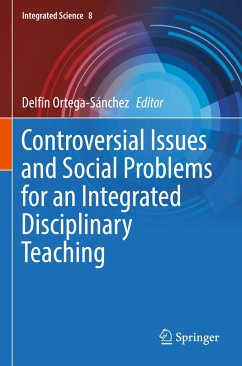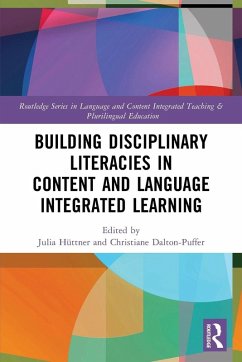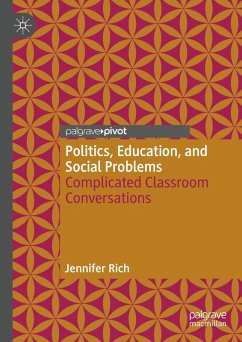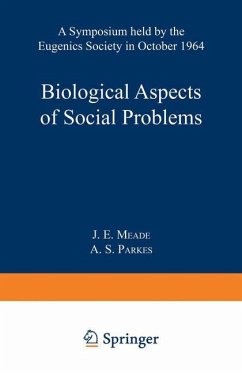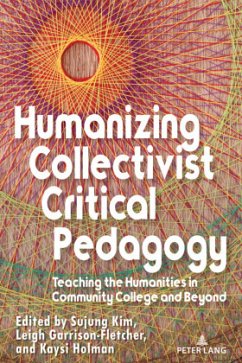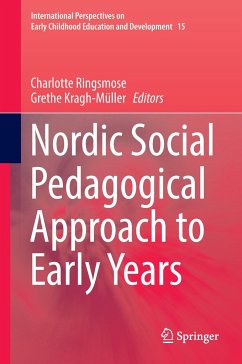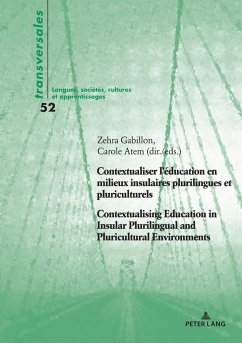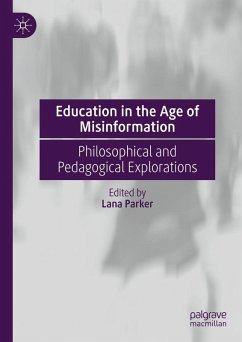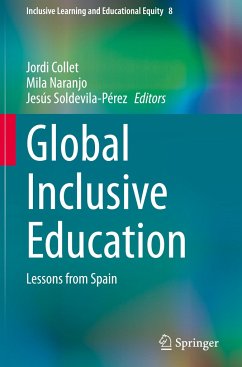
Controversial Issues and Social Problems for an Integrated Disciplinary Teaching

PAYBACK Punkte
38 °P sammeln!
The scientific literature has been showing that the teaching of controversial topics constitutes one of the most powerful tools for the promotion of active citizenship, the development and acquisition of critical-reflective thinking skills (Misco, 2013), and education for democratic citizenship (Pollak, Segal, Lefstein, and Meshulam, 2017; Misco and Lee, 2014). It has also highlighted, however, the complexities, risks and interference of emotional reactions in learning about sensitive, controversial or controversial historical, geographical or social issues (Jerome and Elwick, 2019; Reiss, 201...
The scientific literature has been showing that the teaching of controversial topics constitutes one of the most powerful tools for the promotion of active citizenship, the development and acquisition of critical-reflective thinking skills (Misco, 2013), and education for democratic citizenship (Pollak, Segal, Lefstein, and Meshulam, 2017; Misco and Lee, 2014). It has also highlighted, however, the complexities, risks and interference of emotional reactions in learning about sensitive, controversial or controversial historical, geographical or social issues (Jerome and Elwick, 2019; Reiss, 2019; Ho and Seow, 2015; Washington and Humphries, 2011; Swalwell and Schweber, 2016).
Recent studies have advanced in the analysis of strategies employed by teacher educators in teaching controversial issues (Nganga, Roberts, Kambutu, and James, 2019; Pace, 2019), and in the curricular decisions of teachers about this teaching (Hung, 2019; King, 2009). These developments confirm the appropriateness of discussing or developing deliberative skills and conversational learning as the most appropriate strategy for the didactic treatment of controversial issues (Claire and Holden, 2007; Hand, 2008; Hess, 2002; Oulton, Day, Dillon and Grace, 2004; Oulton, Dillon and Grace, 2004; Myhill, 2007; Hand and Levinson, 2012; Ezzedeen, 2008). The promotion of discussion on specific social justice issues has also been approached from the use of controversial or documentary images in teacher education contexts, in order to question what is happening or has happened in present and past societies (Hawley, Crowe, and Mooney, 2016; Marcus and Stoddard, 2009).
In this context, the aim of this contributed volume is, on one hand, to understand the discourses and decision-making of teachers on controversial issues in interdisciplinary educational contexts and their association with the development of deliberation skills. On the other hand, it seeks to offer studies focused on the analysis of the levels of coherence between their attitudes, positions and teaching practices for the teaching and learning of social problems and controversial issues from an integrated disciplinary perspective.
Recent studies have advanced in the analysis of strategies employed by teacher educators in teaching controversial issues (Nganga, Roberts, Kambutu, and James, 2019; Pace, 2019), and in the curricular decisions of teachers about this teaching (Hung, 2019; King, 2009). These developments confirm the appropriateness of discussing or developing deliberative skills and conversational learning as the most appropriate strategy for the didactic treatment of controversial issues (Claire and Holden, 2007; Hand, 2008; Hess, 2002; Oulton, Day, Dillon and Grace, 2004; Oulton, Dillon and Grace, 2004; Myhill, 2007; Hand and Levinson, 2012; Ezzedeen, 2008). The promotion of discussion on specific social justice issues has also been approached from the use of controversial or documentary images in teacher education contexts, in order to question what is happening or has happened in present and past societies (Hawley, Crowe, and Mooney, 2016; Marcus and Stoddard, 2009).
In this context, the aim of this contributed volume is, on one hand, to understand the discourses and decision-making of teachers on controversial issues in interdisciplinary educational contexts and their association with the development of deliberation skills. On the other hand, it seeks to offer studies focused on the analysis of the levels of coherence between their attitudes, positions and teaching practices for the teaching and learning of social problems and controversial issues from an integrated disciplinary perspective.



